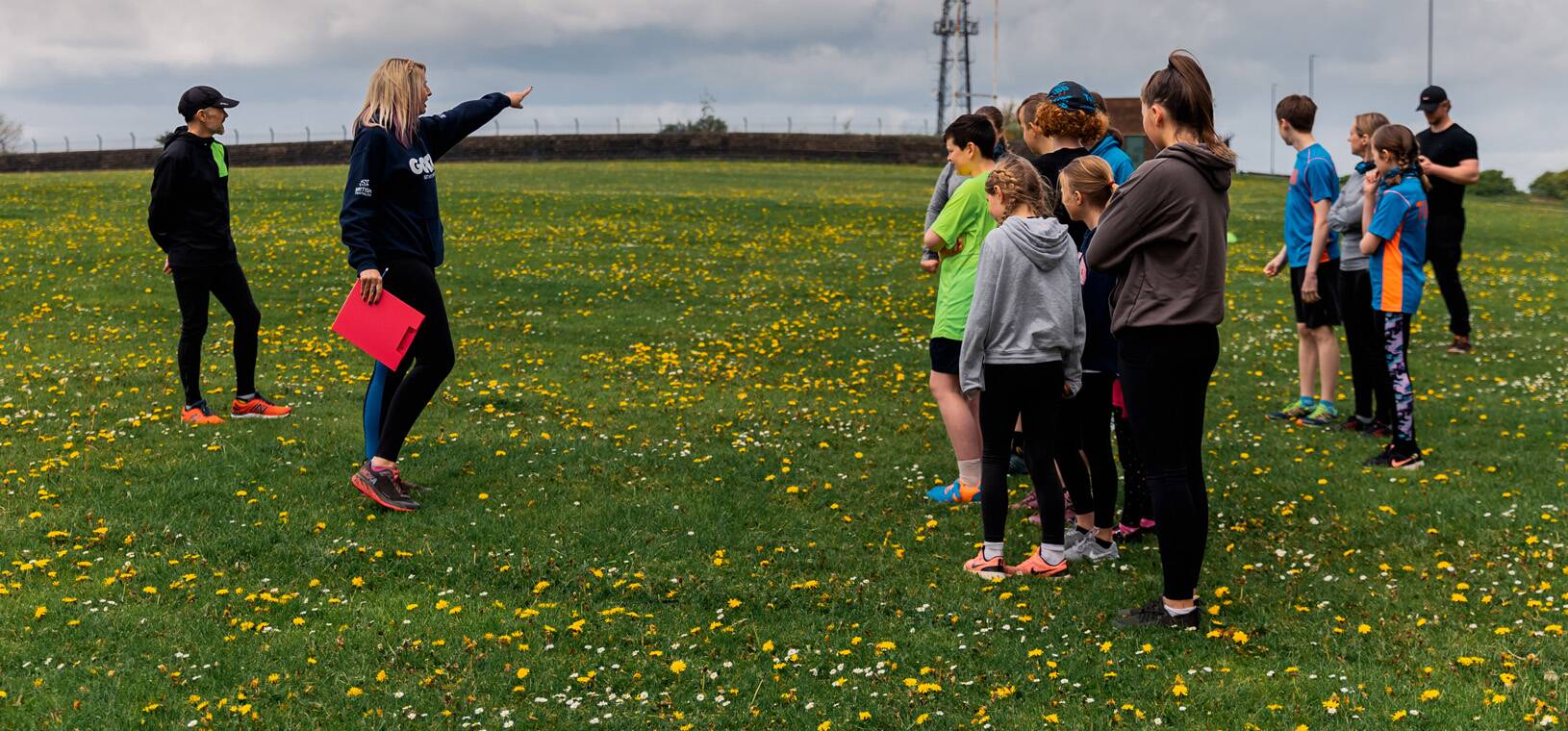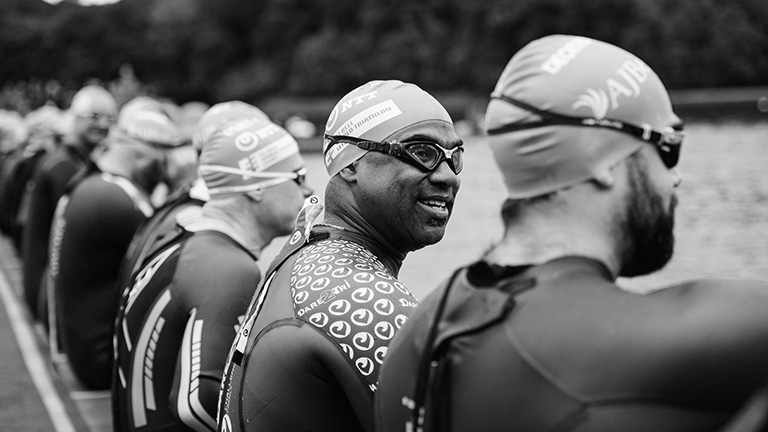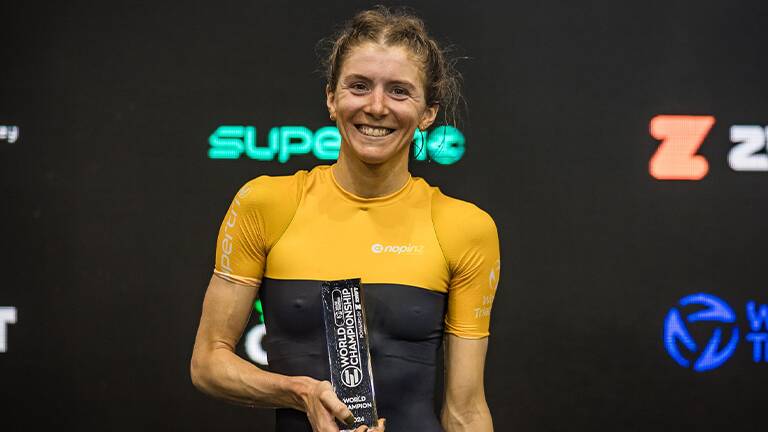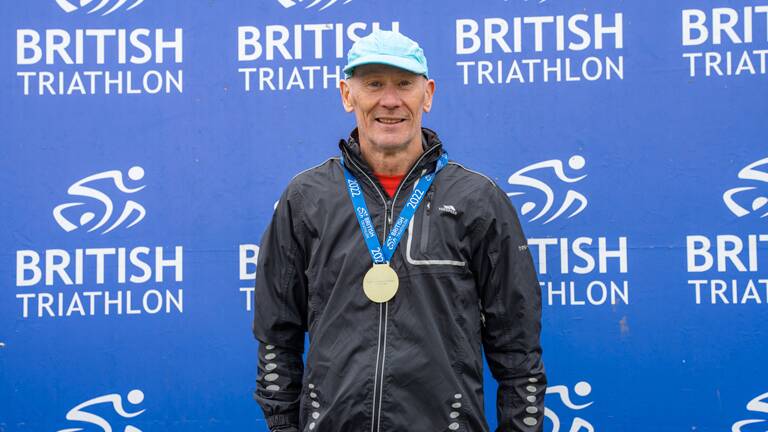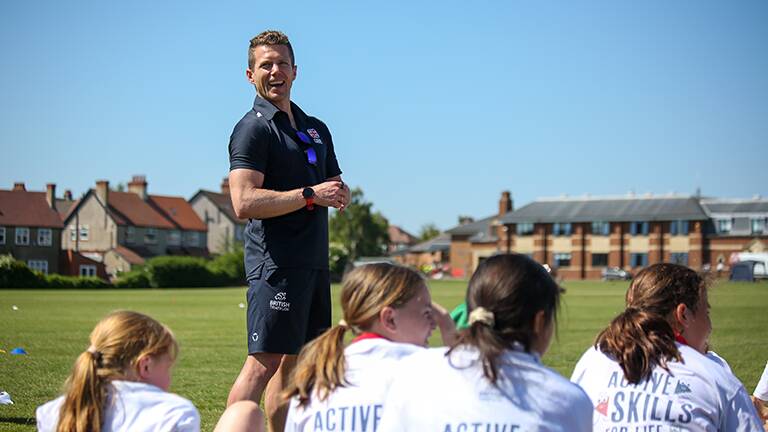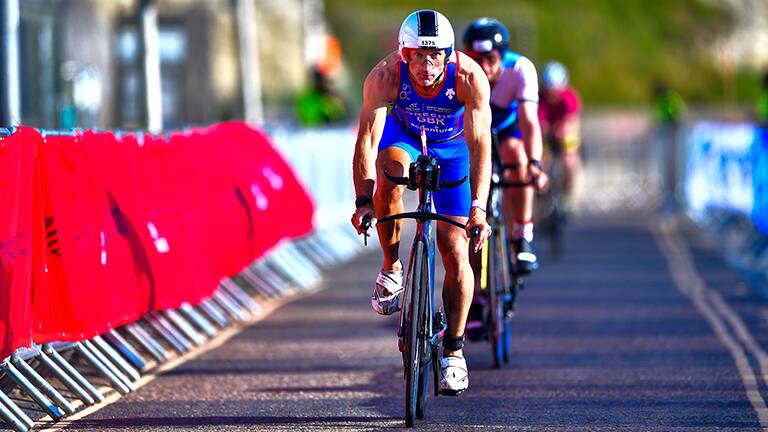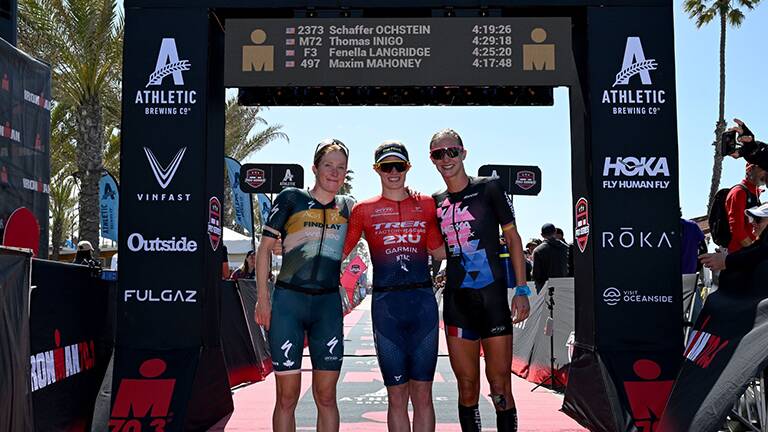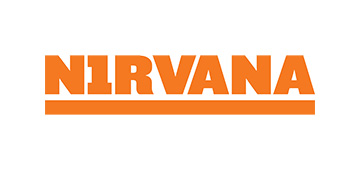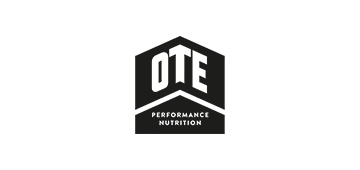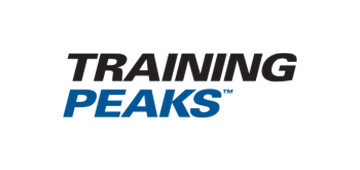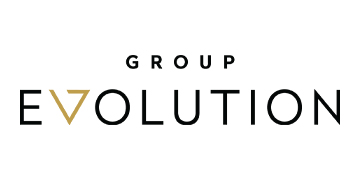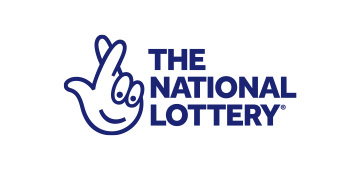Having recently completed a British Triathlon Level 2 coaching course, Georgia Taylor-Brown opens up about her experience of coaching during her journey to the top of the sport alongside athlete-turned-coach Mark Buckingham, paratriathlon pathway coach for British Triathlon.
Taylor-Brown, alongside a handful of other World Class Programme athletes undertook the coaching course earlier in the year as part of British Triathlon’s athlete to coach programme.
The programme provides athletes with the chance to gain coaching qualifications whilst they’re competing to provide them with options for when their racing career comes to an end.
“I’ve been doing my level two triathlon coaching course with British Triathlon,” Taylor-Brown said. “That worked out really great to be honest because we were given the opportunity to do it as a group, so even if coaching is something I didn’t want to do, it’s nicer to get that qualification as a group.
“Right now I’m not thinking about being a coach, but when I leave the sport I might be like ‘oh, I actually really miss it and I do want to go into coaching’, so I’ve got that qualification.”
“We had a two day practical and I passed that which is good, so I can coach in person which is great. It was a bit nerve-wracking because I’m never on that side, so it was the delivery of things and I think one of the things that we were all picked up on was that don’t just tell the athlete what to do, give them a bit of ownership.”
Buckingham undertook the course when he was an athlete and has now developed a career in coaching for himself. One that has involved working with Alistair and Jonny Brownlee, the Leeds Triathlon Centre, and now as a British Triathlon Paratriathlon Pathway Coach.
“We were going to learn so much outside of what swim, bike, run is all about. It was more the risk assessment and what to do with an athlete when they’re in need and at their lowest point, how do you create group cohesive training, and so many points that you don’t get as an athlete,” Buckingham commented.
“I’ve worked with paratri since 2018. I immersed myself in that world not really knowing what language to use with athletes and how impairments might affect them in day-to-day life, but also their training environments. I soon came to realise you don’t treat para athletes as any different.
“Welcome them in and gently find out anything they need extra help with. Assume that they’ll be able to get on with training like any other athlete – every athlete is different as well, some athletes might expect a bit more help and you’ve just got to gravitate to that over time. Ask an athlete how do you want me to refer to your impairment? What really hacks you off about language used to the para world? Things like that and that I’m going to coach you like any athlete.
“It’s been fantastic and I think there’s a lot of para athletes out there training in clubs up and down the country. When I started a lot of people assumed that there were separate clubs, but it’s not, it’s an inclusive environment and it’s been great working with the para athletes over the years.”
Find out more about coaching here: https://www.britishtriathlon.org/coaching

